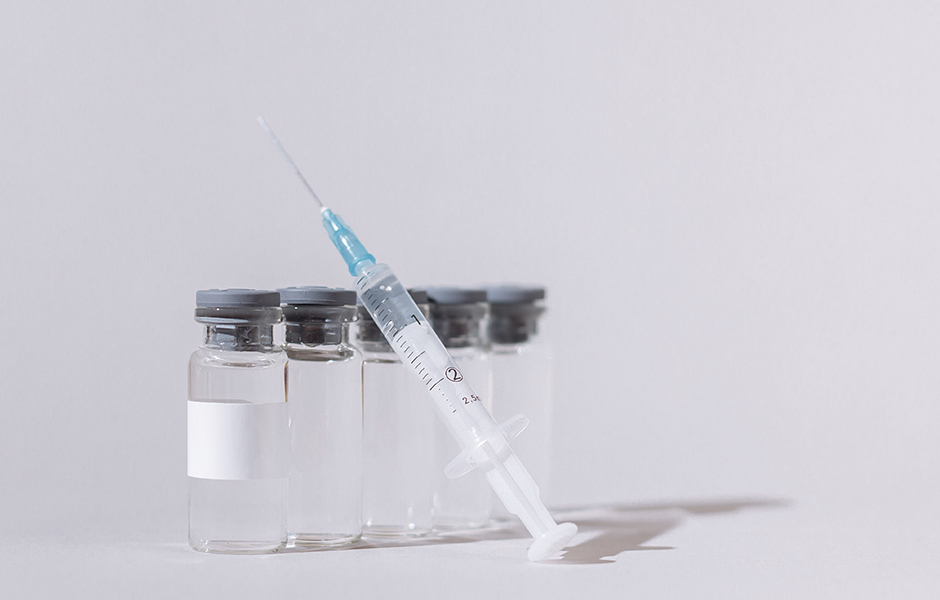Cost and lack of knowledge are the main barriers to prevention
Extending vaccination against the Human Papilloma Virus (HPV) to adolescent and young male adults who have not yet begun their sexual lives could reduce the risk of infection by the virus and the development of associated diseases such as cancer.
This is one of the conclusions of a study by researchers from CINTESIS@RISE/Faculty of Medicine of the University of Porto (FMUP), published in the scientific journal Vaccines.
The team reviewed international studies involving 14,239 male participants, 1076 of whom were boys aged 9 to 15, from various countries around the world and with different sexual orientations.
The results show greater efficacy of the vaccine in men without HPV infection, which corresponds to younger boys, especially children and adolescents, while there is also evidence of the vaccine’s efficacy in men up to the age of 26, with or without a history of HPV infection.
“In the male population, the HPV vaccine is effective in preventing diseases associated with this virus. The vaccine’s efficacy is greater in individuals who have not yet been infected with HPV, i.e. before becoming sexually active. However, its efficacy remains significant in men, even with previous HPV infection or disease, up to the age of 26,” explains Carmen Lisboa, a researcher at CINTESIS and a professor at FMUP.
Furthermore, “the studies carried out and analyzed in this systematic review showed no differences in the vaccine’s efficacy in preventing infection and diseases associated with HPV in groups of men with different sexual orientation or men with HIV infection, up to that age”.
This vaccination is already being applied to males in our country and it is expected that there will be a reduction in diseases associated with HPV infection by type present in the vaccine (nine different types of HPV). The effectiveness of the vaccine in men up to the age of 26 without previous infection ranges from 89% for genital warts and from 90% to 92% for the prevention of precancerous lesions and anal cancer.
According to the researcher and author of the study, “the current National Vaccination Plan (PNV) provides for boys to be vaccinated at 10 years of age and the latest age this vaccination can be started is 17. Given that we have evidence of efficacy up to the age of 26, free vaccination in the PNV should cover these young people up to and including the age of 26 (i.e. up to the day before they turn 27).”
Carmen Lisboa stresses that “cost is one of the main barriers to HPV vaccination. The vaccine is expensive and not all countries have included it in their vaccination programs. The fact that it is advertised as cervical cancer prevention, aimed at women, has made it more difficult to implement in men. HPV vaccination should be gender neutral.”
Another barrier to this preventative measure is “the lack of information about the efficacy and risks of the vaccine in males”, particularly on the part of parents and caregivers. The disease associated with HPV is unknown (despite the high prevalence worldwide) and people don’t appreciate the importance of this vaccination.”
HPV infection is the most common sexually transmitted infection among young people (aged 15 to 25). Up to 80% of men and women will be infected with HPV at some point in their lives. In addition to the anogenital tract, the virus can invade the oral cavity, oropharynx and larynx, causing malignancies such as anal and genital cancer, as well as head and neck cancer. The vaccine is preventative and does not serve to treat the infection in people who are already infected.
The study “Impact of Human Papillomavirus Vaccination on Male Disease: A Systematic Review” is also authored by Catarina Rosado, Ângela Rita Fernandes and Acácio Gonçalves Rodrigues, CINTESIS@RISE researchers and FMUP professors. This research was supported by the NORTE-01-0145-FEDER-000057 project (“SexHealth & Prostate Cancer, Psychobiological Determinants of Sexual Health in Men with Prostate Cancer”), funded by the Horizonte Europa and Norte 2020 programs.

